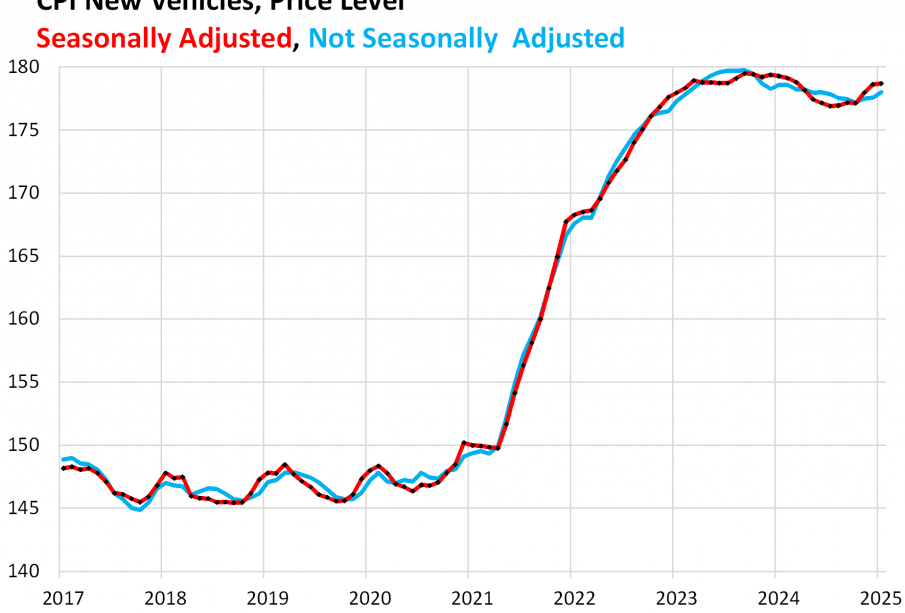Current Trends in CPI Inflation Rate in India

Understanding CPI Inflation Rate
The Consumer Price Index (CPI) inflation rate is a critical indicator of the economic health of a country. It measures the average change over time in the prices paid by consumers for a basket of goods and services. In India, keeping track of the CPI inflation rate is vital for policymakers, businesses, and citizens as it directly influences the cost of living and economic stability.
Recent Trends
As of October 2023, India’s CPI inflation rate stands at 6.1%, as reported by the Ministry of Statistics and Programme Implementation. This figure indicates a slight uptick from the previous month’s rate of 5.9%. The rise in inflation is attributed to increased food prices, particularly in staples such as vegetables, pulses, and edible oils. According to recent data, food inflation has surged to 8.3%, significantly affecting lower-income households who spend a larger portion of their income on food.
Factors Influencing CPI Inflation
Several factors contribute to the variations in the CPI inflation rate. The recent supply chain disruptions due to adverse weather conditions have affected agricultural productivity, leading to higher prices. Additionally, the ongoing geopolitical tensions and volatility in global oil prices have also played a crucial role in driving up inflation. Experts suggest that the government’s decision to revise import tariffs on certain goods may help mitigate some of these price increases.
Impact on the Economy
Elevated inflation can have far-reaching consequences on economic growth. It can erode purchasing power, leading consumers to shift their spending behaviors, often opting for cheaper alternatives. For businesses, higher inflation may lead to increased costs of production, which could ultimately be passed down to consumers in the form of higher prices. This cycle could stifle demand and slow down overall economic growth.
Future Outlook
Looking ahead, economists forecast that the CPI inflation rate may stabilize between 5.5% to 6.5% in the short term, assuming successful implementation of government measures to manage food prices and global market dynamics. The Reserve Bank of India (RBI) will also likely adjust interest rates in response to inflationary pressures, which could further influence economic activity.
Conclusion
The current CPI inflation rate in India highlights the struggles with rising prices, particularly for essential goods. It is imperative for both policymakers and consumers to remain vigilant as these trends evolve, adapting to maintain economic stability and consumer welfare.









